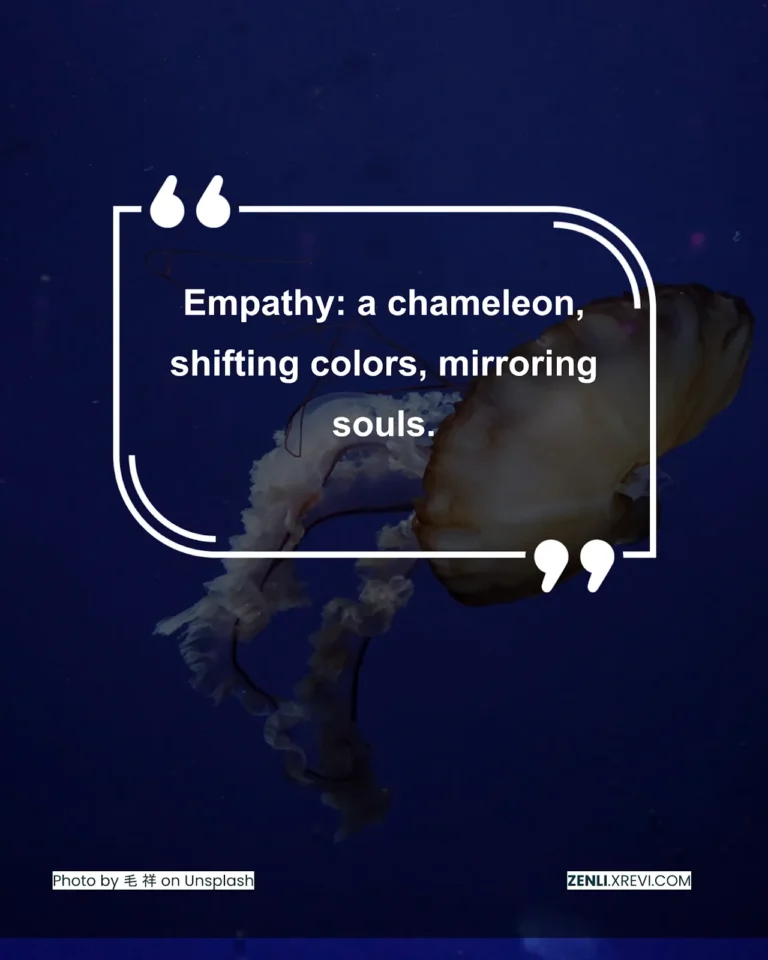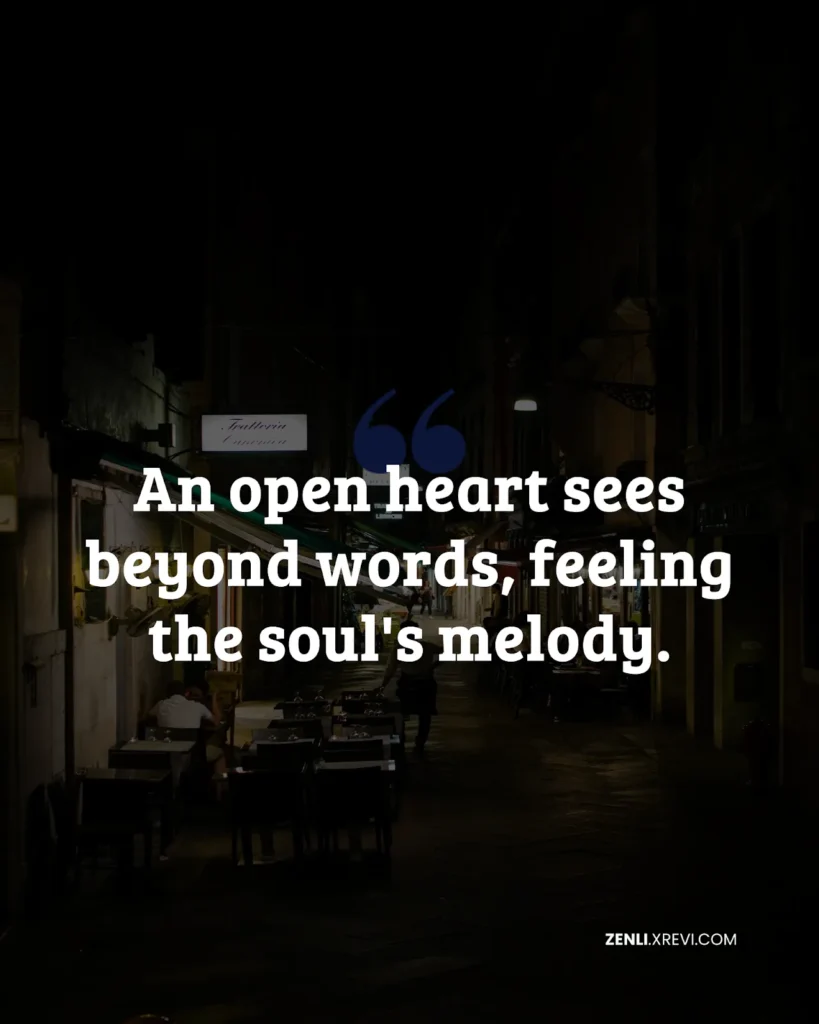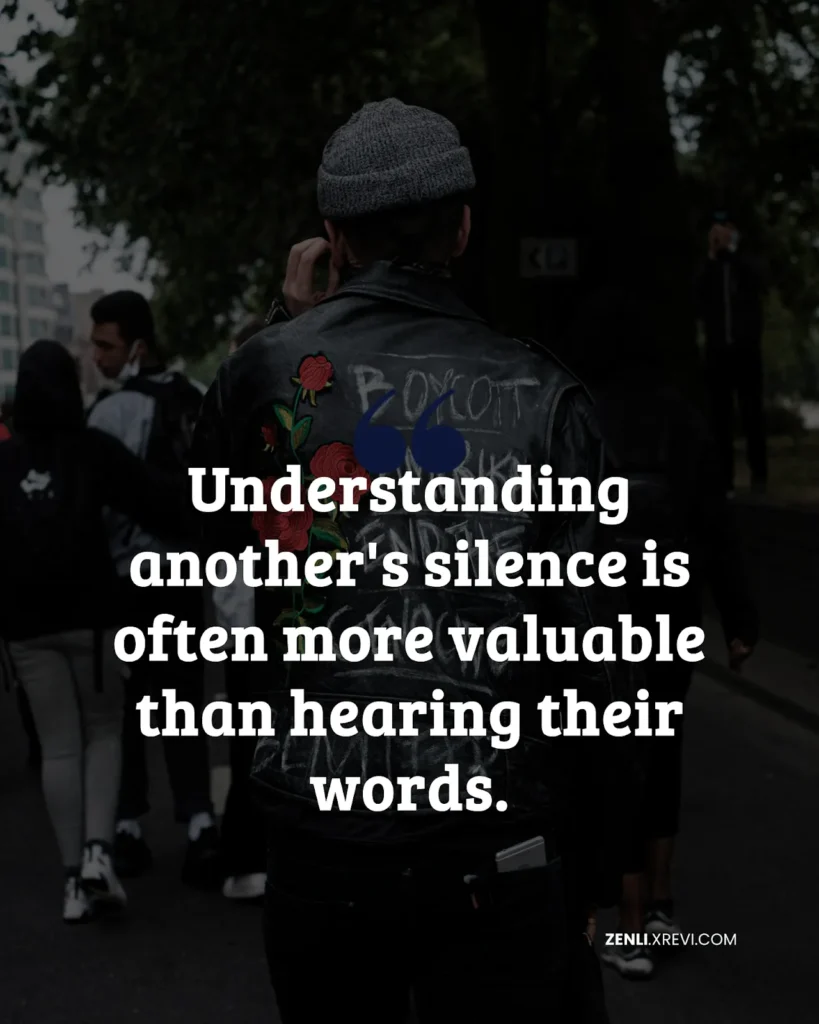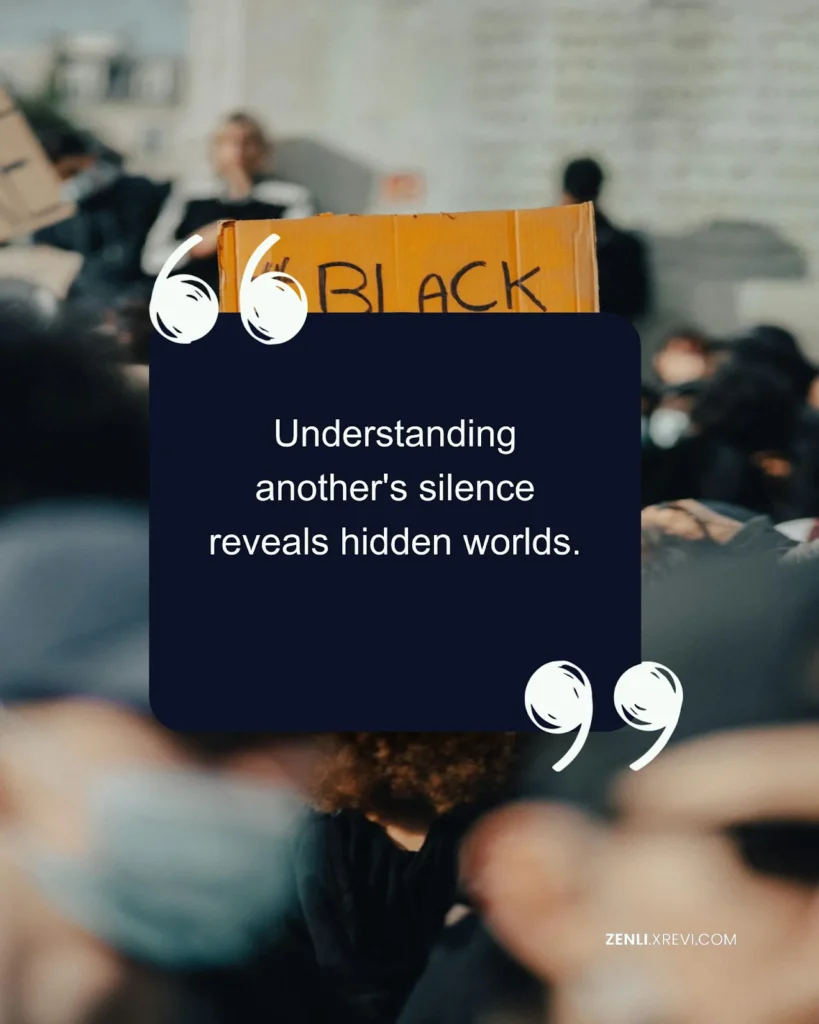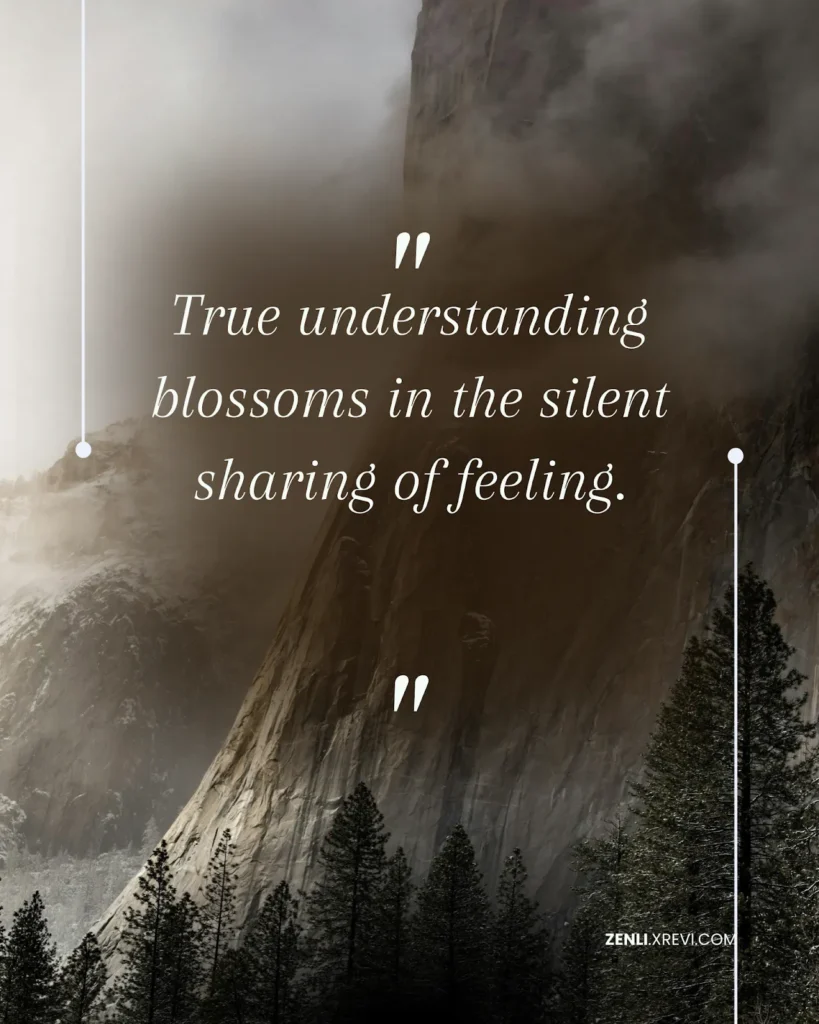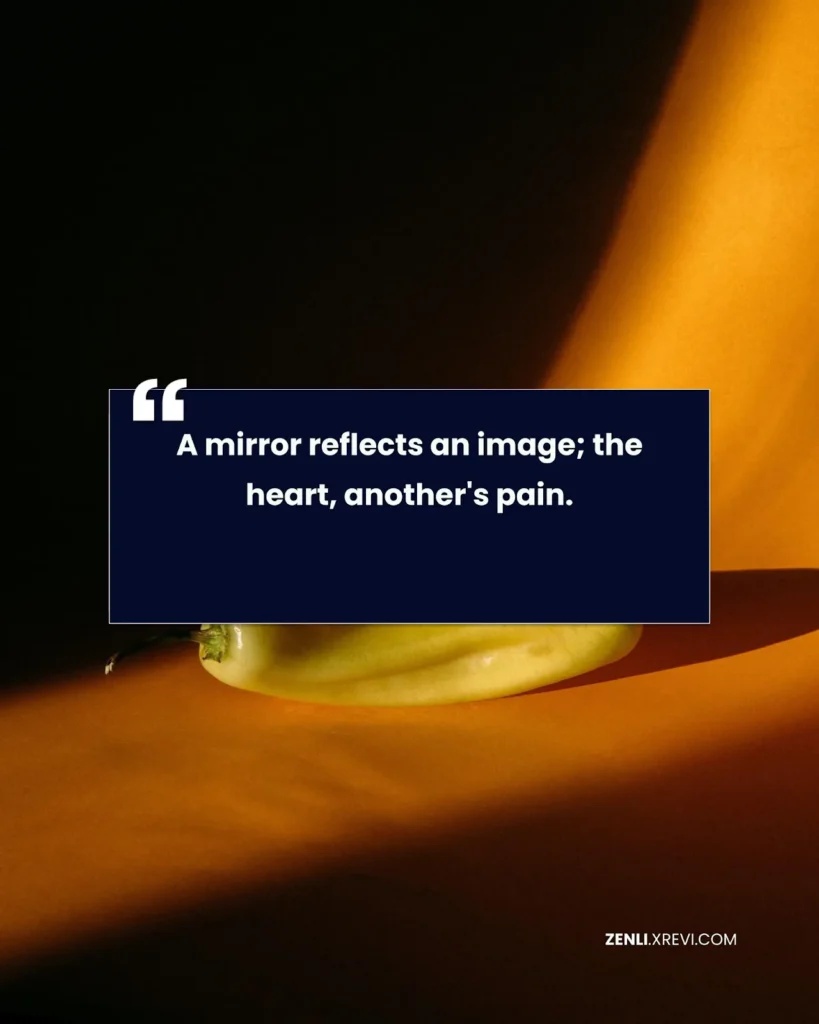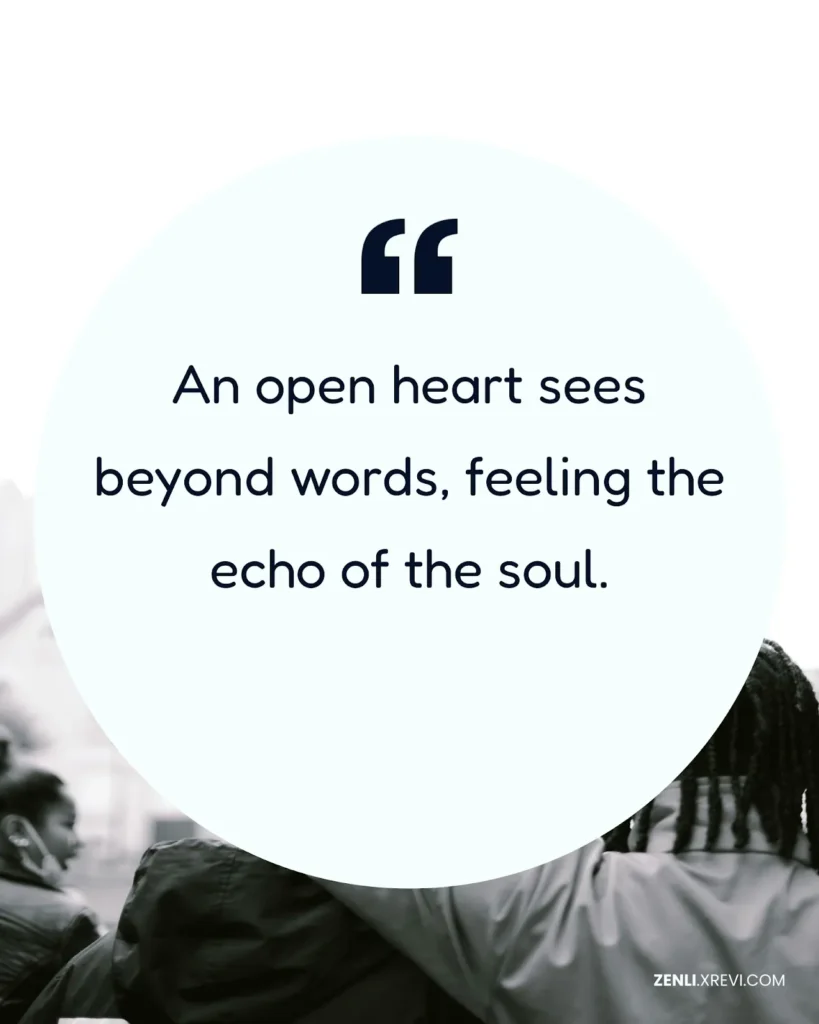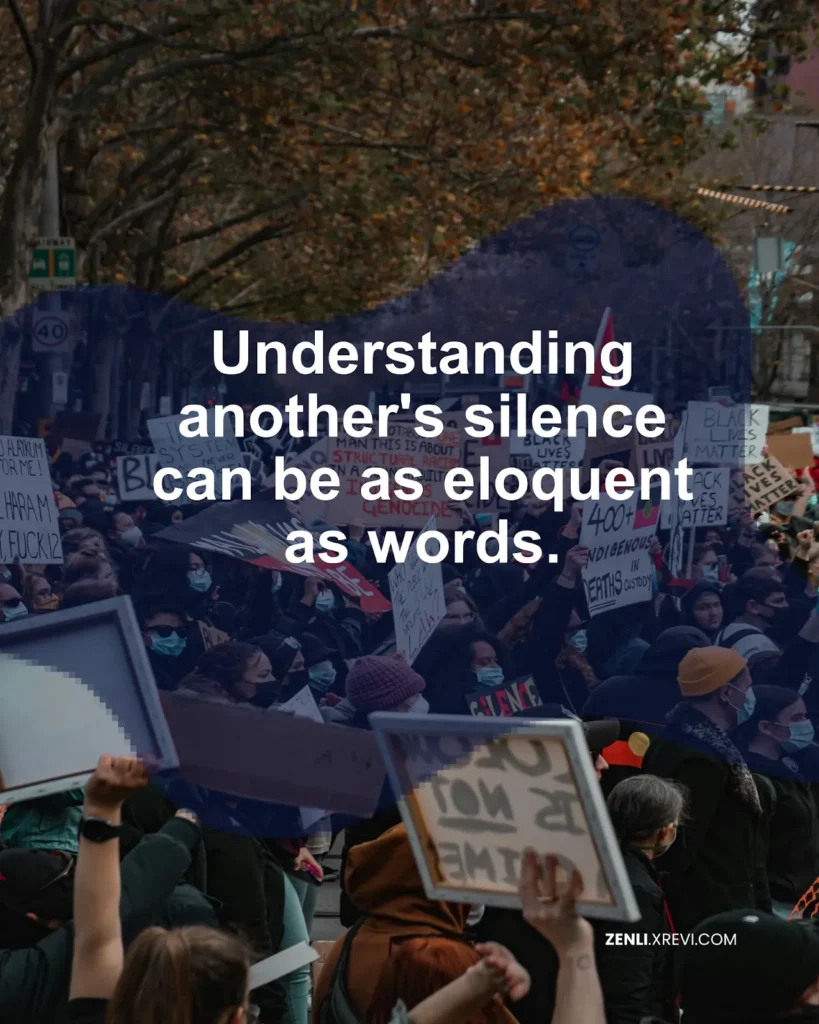Have you ever felt a pang of sadness watching a friend struggle, or a surge of joy witnessing someone’s success? Maybe you’ve found yourself instinctively offering a helping hand to a stranger in need, or offering a listening ear to a colleague venting their frustrations. These are all subtle, yet powerful, expressions of empathy – that innate human ability to understand and share the feelings of another. It’s not just about feeling *sorry* for someone; it’s about stepping into their shoes, experiencing the world from their perspective, and connecting on a deeply human level. We experience empathy every day, in countless small interactions that shape our relationships and our understanding of the world around us. But how often do we truly stop to acknowledge its presence and its profound impact?
Empathy: a chameleon, shifting colors, mirroring souls.
This quote beautifully captures the essence of empathy’s adaptability and its profound mirroring effect. Just like a chameleon adapts its colour to its surroundings, empathy changes its form depending on the situation and the person involved. When comforting a grieving friend, empathy might manifest as quiet support and a listening ear. When dealing with a frustrated colleague, it could mean offering constructive feedback with genuine understanding. With a child experiencing hurt, it might look like patience and a reassuring embrace. It’s never a one-size-fits-all approach; rather, it’s a fluid, intuitive response that reflects the unique emotional landscape of the person we’re connecting with. The “mirroring souls” aspect highlights the deeply interconnected nature of human experience. Through empathy, we aren’t simply observing another person’s emotions; we’re creating a bridge of understanding, acknowledging the shared humanity that unites us all, even amidst our differences.
Consider a scenario where a coworker is dealing with a family emergency. A purely logical approach might focus solely on meeting deadlines and work expectations. But an empathetic response would recognize the coworker’s emotional distress, offering flexibility, support, and understanding, thereby strengthening the workplace bond. Similarly, in personal relationships, empathy fuels compassion, strengthens connections, and creates space for meaningful communication. It allows us to move beyond judgment and truly see the person in front of us, flaws and all. Developing our capacity for empathy fosters healthier relationships, both personally and professionally, allowing us to navigate conflict more effectively and build stronger bonds based on genuine understanding.
Ultimately, the ability to empathize is a fundamental aspect of our human experience. It shapes our interactions, influences our decisions, and profoundly impacts our ability to connect with others. Take some time today to reflect on your own empathetic experiences. Consider situations where you’ve shown empathy, and situations where you could have been more empathetic. Share your thoughts and insights – let’s build a community that values and fosters the power of empathy. By cultivating empathy within ourselves and expressing it openly, we create a more compassionate and connected world, one empathetic interaction at a time.
Photo by 毛 祥 on Unsplash
